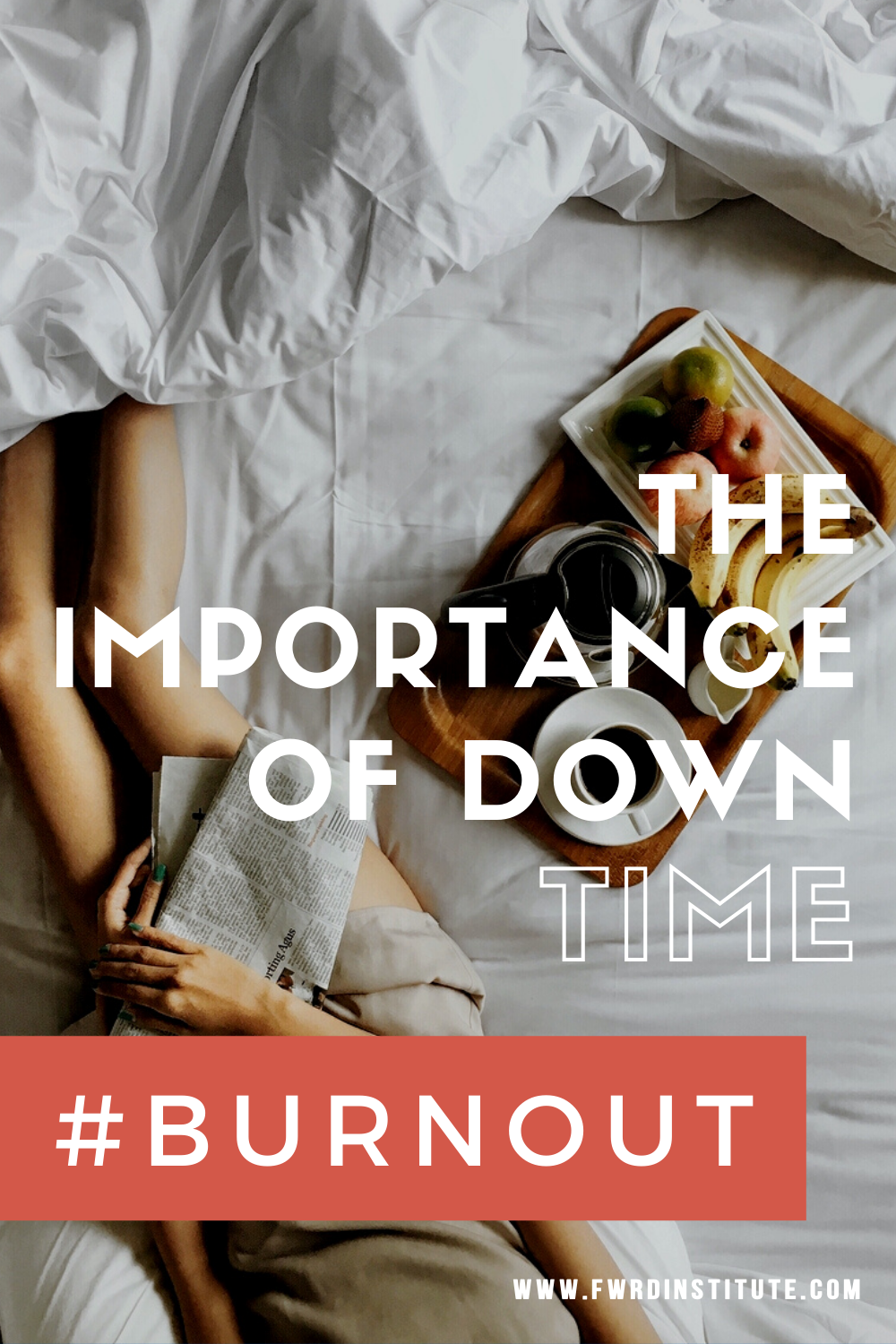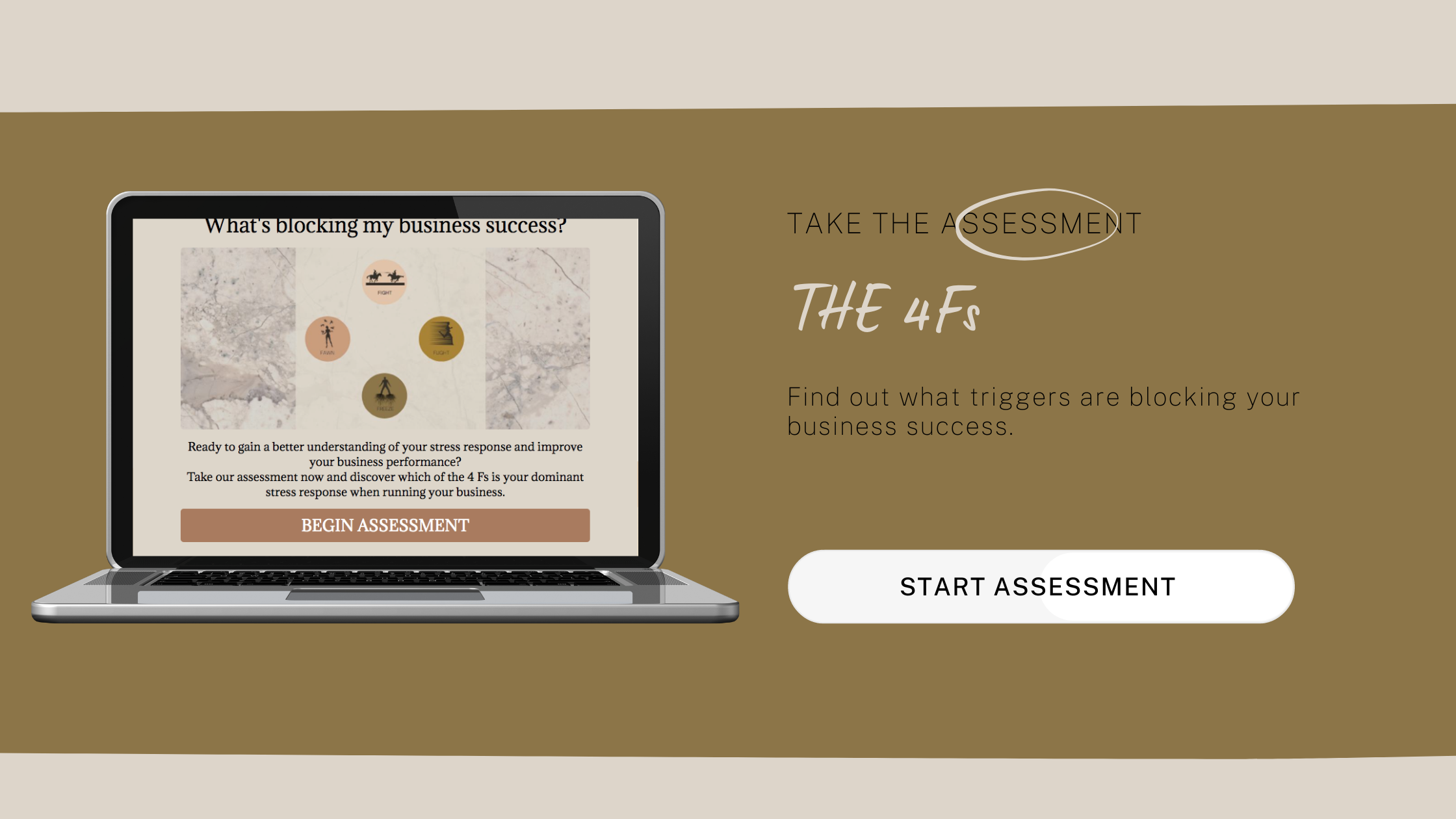The Importance of Down Time

Do you put a lot of value on outcomes and achievements? If you do, you may have a difficult time understanding the benefits of down time. High achievers tend toward seeing down time as being too unproductive, or a literal "waste of time." I assure you, it's not. In fact, it is a requirement to avoid burnout and fatigue.
Here's why:
- Down time rejuvenates you
- Down time allows your brain to rest
- Down time frees up space for creativity
- Down time lets you connect with your family
- Down time helps prevent depression
- Down time offers you some perspective
Down time is designed to get you out of the fast-lane of life and onto the country back road. Down time allows you to experience the things you work so hard for, such as your family, your hobbies, your environment, and expressing your true self. Each day that you are working or focused on responsibilities, you can't fully be in the moment with those you are working for: yourself and your family. What's the point of all that work if you never let yourself experience the fruit of it?
In some cultures, down time is built into the structure of society. Whether through fasting, honoring the sabbath, or engaging in a tradition that requires them to shift their focus away from their career and toward their family and faith. Even in modern secular society, most employment requires a limit on hours worked in a day or days worked in a row. This is to prevent exhaustion and burnout.
Whether you prefer down time to be daily, weekly, monthly, or annually; you should build it into your life as a way to disconnect from what you think matters most and reconnect with what really does matter most.
Here are some ways to build down time into your life:
Daily
- 30 minutes of prayer or journaling
- 30 minutes of reading
- Exercise
- Meditation
- One-on-one time with family
Weekly
- Massage
- Date night
- Family game night
- Sunday dinner
- Church
- Naps
Monthly
- Host or attend a dinner with friends
- Volunteer in your community
- Engage in a social activity outside your home
- Go to a movie
- Complete an art or hobby project
Annually
- Host or attend a family reunion
- Take a vacation
- Take a "stay-cation"
- Go on a mission trip
- Engage in a sporting event
How you engage in your down time isn't as important as the fact that you need to do it to avoid burnout. Most of all, your example will teach others that it is important to engage in down time to prevent their own fatigue and deterioration of their quality of life. Pick your favorite forms of down time and watch your personal satisfaction increase while your fatigue diminishes.
Need help figuring out how business stress impacts you?
Take our Business Stress Assessment




